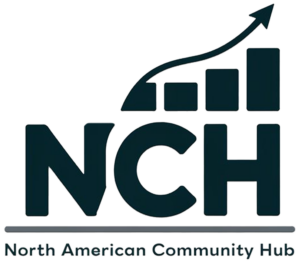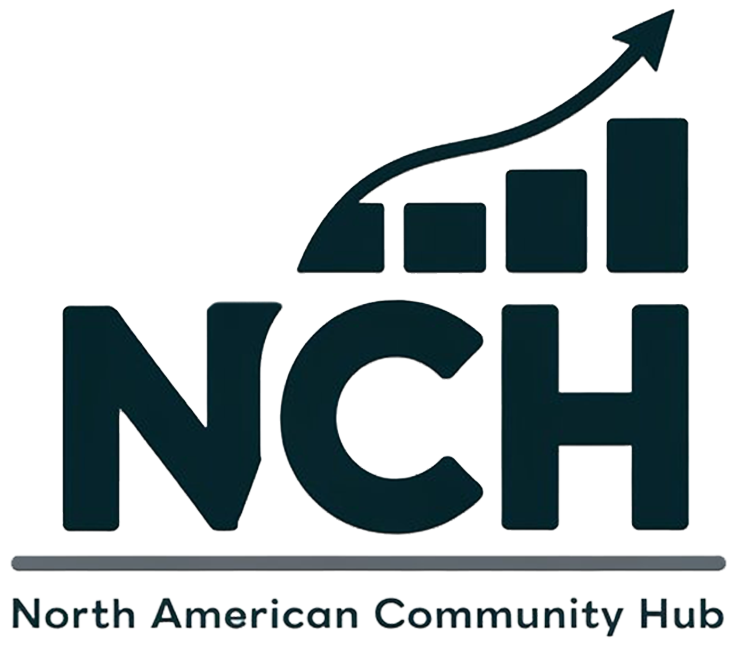At North American Community Hub, we treat facts with respect, but we also make them interesting.
Every article starts with real data and ends with something useful, surprising, or worth sharing. We write for readers who want clear insights without the clutter. We focus on places, people, and the numbers that connect them.
We do not publish guesswork. Every fact we include is sourced, every number traceable. If a town ranks high or low, if a county trend surprises, we show where the data came from and what it means.
We rely on public records, census databases, and reliable research tools. We never fill space with filler.
We collect data from official public releases, then standardize it so comparisons stay fair. That means using consistent definitions, matching time periods, and applying per-capita rates or percent change when raw totals would mislead. When a dataset updates, we recheck the figures and revise rankings that depend on it.
Our process includes basic validation steps before publication. We confirm that totals match published tables, compare results against prior year releases, and watch for changes in methodology. When an agency revises estimates, reclassifies a measure, or updates a geographic boundary, we note that shift and adjust calculations.
Analysis is done with simple, transparent methods. We use straightforward math, clear thresholds, and reproducible steps. When a chart, ranking, or claim depends on a specific definition, the article states that definition in plain terms so readers understand what the numbers measure.
For location-based work, geography matters. Counties, cities, metro areas, and census geographies have different boundaries, so we match each statistic to the correct geographic unit. When a place has overlapping definitions, we choose one standard and stay consistent within the article.
What We Aim For
- Accuracy First We double-check everything. Our facts come from official data and trusted public sources. Mistakes get corrected fast and openly. We verify totals, time frames, and definitions before publishing, and we revisit older posts when agencies release revisions.
- Clear, Direct Language Every sentence must earn its place. Readers deserve sharp writing backed by solid facts. We explain what a statistic measures, why it matters, and what drives the pattern.
- Content with Value We don’t chase clicks. We publish stories that reveal something: patterns in counties, population shifts, state-by-state contrasts, or trivia with roots in real data. Each piece aims to answer a question a reader can use in conversation or decision-making.
- Community Focus: Our content highlights what makes places different, interesting, or important. We avoid generalities. We look for the local angle, then connect it to a broader regional or national context.
Our Style
We stay loose, curious, and a little unpredictable. But we share the same rules: honesty, accuracy, and transparency.
If you want in-depth tables, policy-level reports, or full datasets, he’s your guy. If you want to know which city has the oddest name or how counties compare on something unexpected, you’re in the right place.
How We Collect Data and Run Analysis
We use official releases from government agencies and established institutions, then convert them into readable comparisons. Collection usually starts with downloadable tables, APIs, or published reports. We capture the release date, the dataset name, the geographic level, and the exact measure used.
After collection, we clean and structure the data. Duplicate place names get matched to the correct state or county identifier. Missing values get handled carefully so they do not distort rankings. When a dataset mixes time periods or definitions, we separate the categories and avoid combining measures that do not match.
For rankings and comparisons, we apply methods that reduce distortion:
- Per capita rates for comparisons between places with different population sizes
- Percent change and multi-year change for trend stories
- Median values when averages would be skewed by outliers
- Consistent time windows, so a ranking compares like with like
Before publishing, we run checks that flag anomalies. If a result looks extreme, we verify it against the source table and confirm that the geography and definition match. When a list relies on estimates rather than final counts, the wording reflects that.
When a source provides margins of error or confidence intervals, we treat small differences carefully. A narrow gap between two places may not be meaningful, so we avoid overselling tiny rank changes as major shifts.
How We Handle Sources
Every claim must come from a verified source. Some of the most common sources we use and cite in our articles are:
- U.S. Census Bureau
- State and county records
- Public health departments
- Economic databases
- Research institutions
- Peer-reviewed studies (when used, we link them directly)
But we tend to also include our own conclusions. Those sources are here to help us get the latest data, but the final content is our own and unique!
We also use mapping tools and historical archives to support location-based content. Every source must be accessible, current, and publicly documented.
When a dataset exists in multiple versions, we use the most recent official release unless an article clearly states that it uses a historical edition for comparison. When a source changes definitions, we treat that as a data event and adjust the analysis so readers see a fair comparison.
Corrections and Edits
If something needs fixing, we fix it. If a fact becomes outdated, we update it. We label major corrections clearly. We do not hide errors or bury edits.
Readers can contact us anytime to flag concerns or request a correction.

